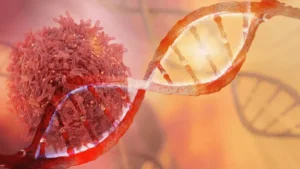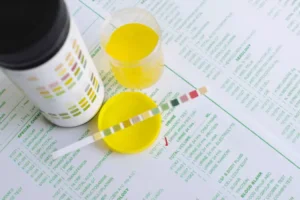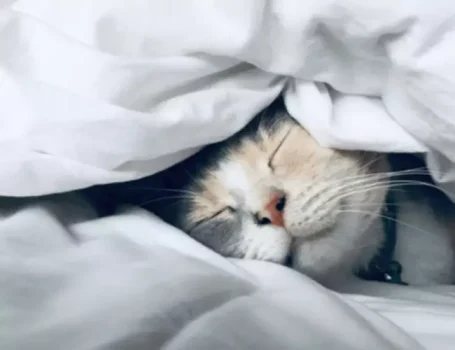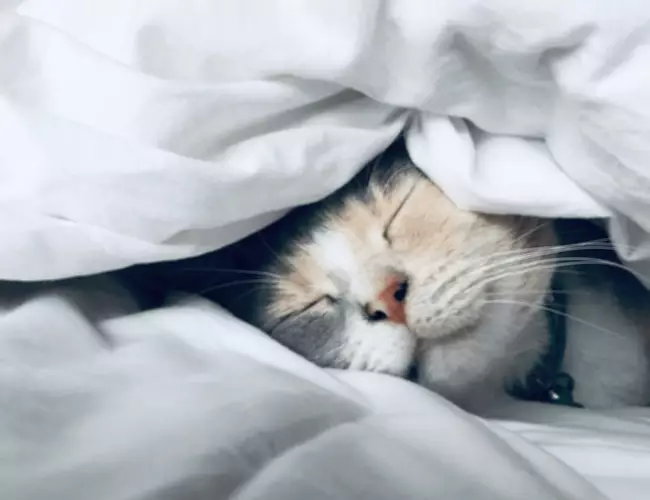
This response leads to various physiological changes, such as an increased heart rate, rapid breathing, muscle tension, and heightened alertness. People drink for many reasons, and stress and anxiety are common. It is true that alcohol can help with anxiety, at least temporarily, but it can also make it worse in the long run and cause serious panic attacks. While it is normal to feel anxious after heavy drinking, when alcohol-induced panic attacks become a common occurrence, it is a sign of a serious problem. “When a person stops drinking, they can experience alcohol withdrawal symptoms, which can include increased anxiety and panic attacks,” Oeswein says.
Behavioral Signs of Alcohol-Related Anxiety
“As the alcohol wears off, individuals might experience rebound anxiety, where stress levels become elevated,” Oeswein adds. This is because levels of neurotransmitters (chemical messengers in the brain) get thrown off, which can lead to heightened anxiety. According to the World Organization, approximately 70 percent of people experience a traumatic event during their lifetime. These can cause different reactions in individuals, including stress.
Does alcohol permanently worsen anxiety?
This symptom is more pronounced during withdrawal or in individuals with Sobriety a history of anxiety disorders. Alcohol-induced panic attacks are scary and you might feel like cutting down on your drinking. If the alcohol panic attack is hangover related, that is a warning sign as well. Another thing to watch out for is increases in the severity and frequency of anxiety levels and alcohol panic attacks.

Living with Alcohol-Induced Anxiety Disorder: Tips for Better Quality of Life
Electrolyte-rich beverages can also help replenish lost minerals and reduce anxiety symptoms. Behavioral changes often accompany physical symptoms of alcohol-induced anxiety. Restlessness or agitation becomes noticeable, with individuals finding it difficult to sit still or relax. Sleep disturbances are common, including trouble falling asleep or staying asleep throughout the night. Alcohol-related anxiety often presents with distinct bodily sensations.
A racing heart is one of the most distressing concerns among people who have panic attacks. A person’s resting heart rate may increase substantially during a wave of anxiety. For example, a normal resting heart rate of 70 beats per minute (bpm) might increase to 120 bpms. The rapid pulse and strong palpitations can trigger visits to the emergency room. However, this is a temporary symptom that will likely subside shortly after it begins. It’s crucial to gain a proper understanding of how the sympathetic nervous system can sometimes activate false alarms, triggering symptoms of a panic attack.

You might feel your heart racing, have trouble breathing, or feel like something terrible is about to happen. Yes, unfortunately, alcohol withdrawal can trigger panic attacks. This is sometimes called “hangxiety.” If you’re struggling with alcohol withdrawal, please reach out to a healthcare alcohol induced panic attack professional. Avoidance behavior is reported in 30-50% of individuals with alcohol-induced anxiety disorder.
- If anxiety or panic disorder runs in your family, you might be more susceptible.
- Like other SSRIs, it may take several weeks before significant improvements are noticed.
- By understanding the causes of anxiety chest pain and knowing when to seek help, individuals can better manage their anxiety symptoms and reduce the frequency of these distressing episodes.
- Excessive caffeine consumption can disrupt sleep patterns, further contributing to anxiety.
- Gabapentin is often prescribed for patients with alcohol-induced anxiety disorder who also struggle with alcohol dependence.

The results are a full-blown panic attack, which can be very frightening. However, if you are susceptible to panic, it can also increase anxiety. If you start drinking and cannot always stop or predict the outcome, you might need professional help.
Tips for How to Help a Loved One With a Substance Abuse Problem
While small amounts of https://ecosoberhouse.com/ alcohol may activate GABA and cause you to relax, heavier drinking can sap GABA. While dopamine increases immediately after drinking alcohol and temporarily makes you feel good, when the inebriation has faded, whatever symptoms that were being avoided rebound. If you’re someone who is prone to panic attacks when there is no obvious external trigger, dealing with the stress of mistakes can make having one more likely. This is especially true when coupled with the physiological symptoms of drinking. Agoraphobia is an intense fear of being in places or situations where you feel escape might be difficult or help might not be available.